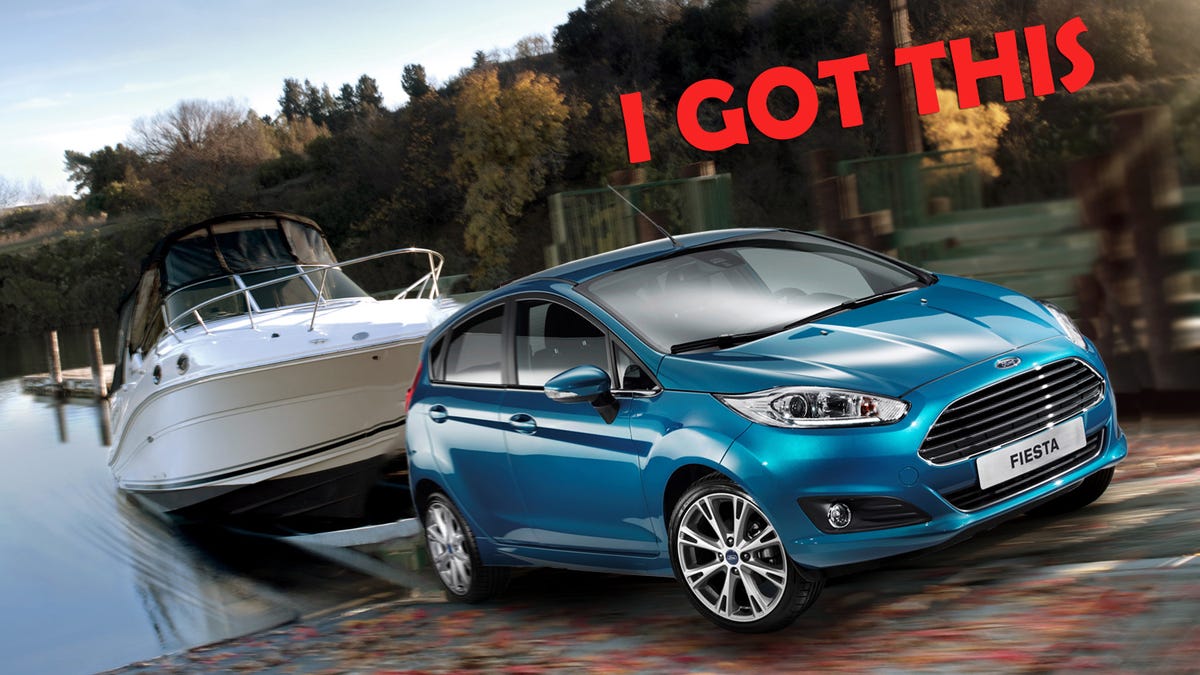2kwik4u
Jetboaters Fleet Admiral
- Messages
- 8,051
- Reaction score
- 11,015
- Points
- 622
- Location
- Buffalo, NY
- Boat Make
- Yamaha
- Year
- 2017
- Boat Model
- AR
- Boat Length
- 19
@swatski Took me a few minutes to figure out.....FUD = Fear, Uncertainty, and Doubt.
There was a good article I read awhile back about tow ratings in the US vs Europe......Let me see if I can dig that up. The general basis was that the speed limits here are higher, and the licensing requirements less stringent. SO, with subsequent lower speeds, and better trained drivers, the towing capacities are raised for them......I'll try to find the article.
There was a good article I read awhile back about tow ratings in the US vs Europe......Let me see if I can dig that up. The general basis was that the speed limits here are higher, and the licensing requirements less stringent. SO, with subsequent lower speeds, and better trained drivers, the towing capacities are raised for them......I'll try to find the article.



